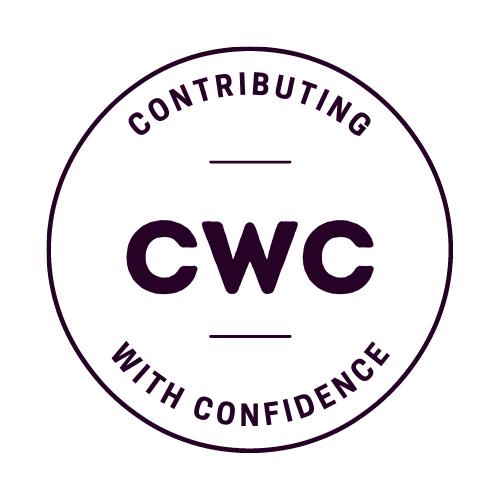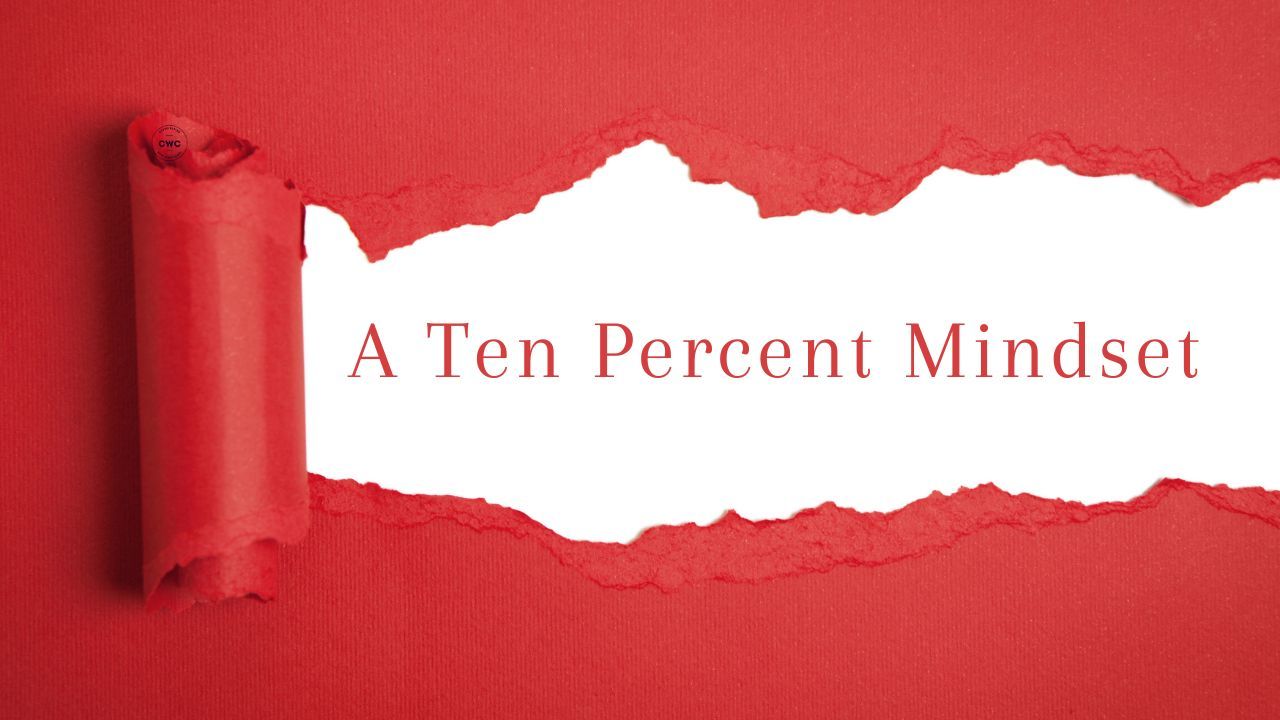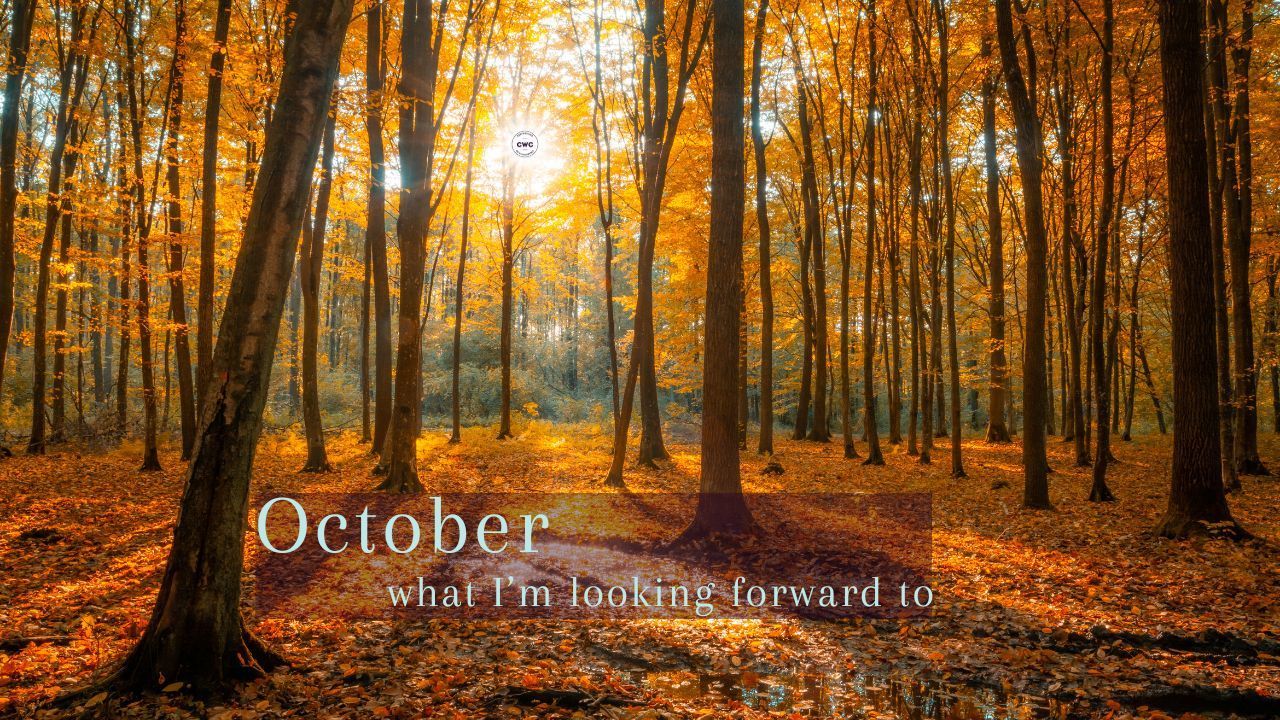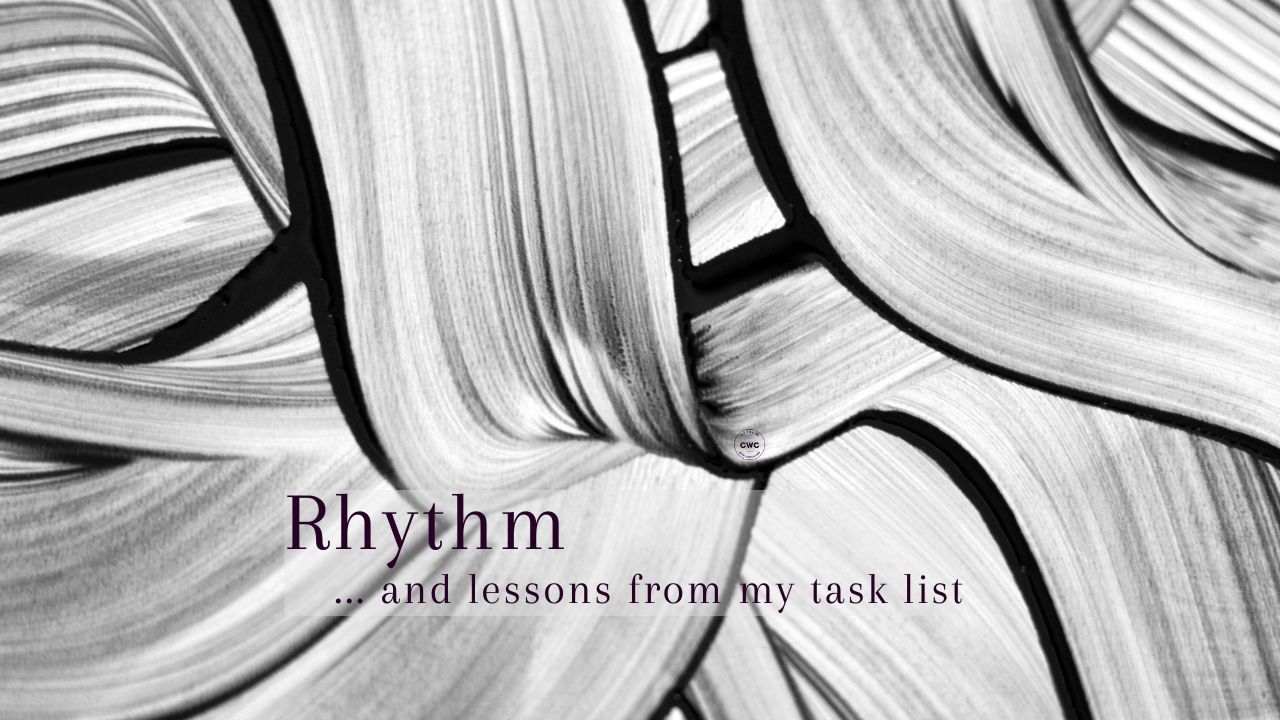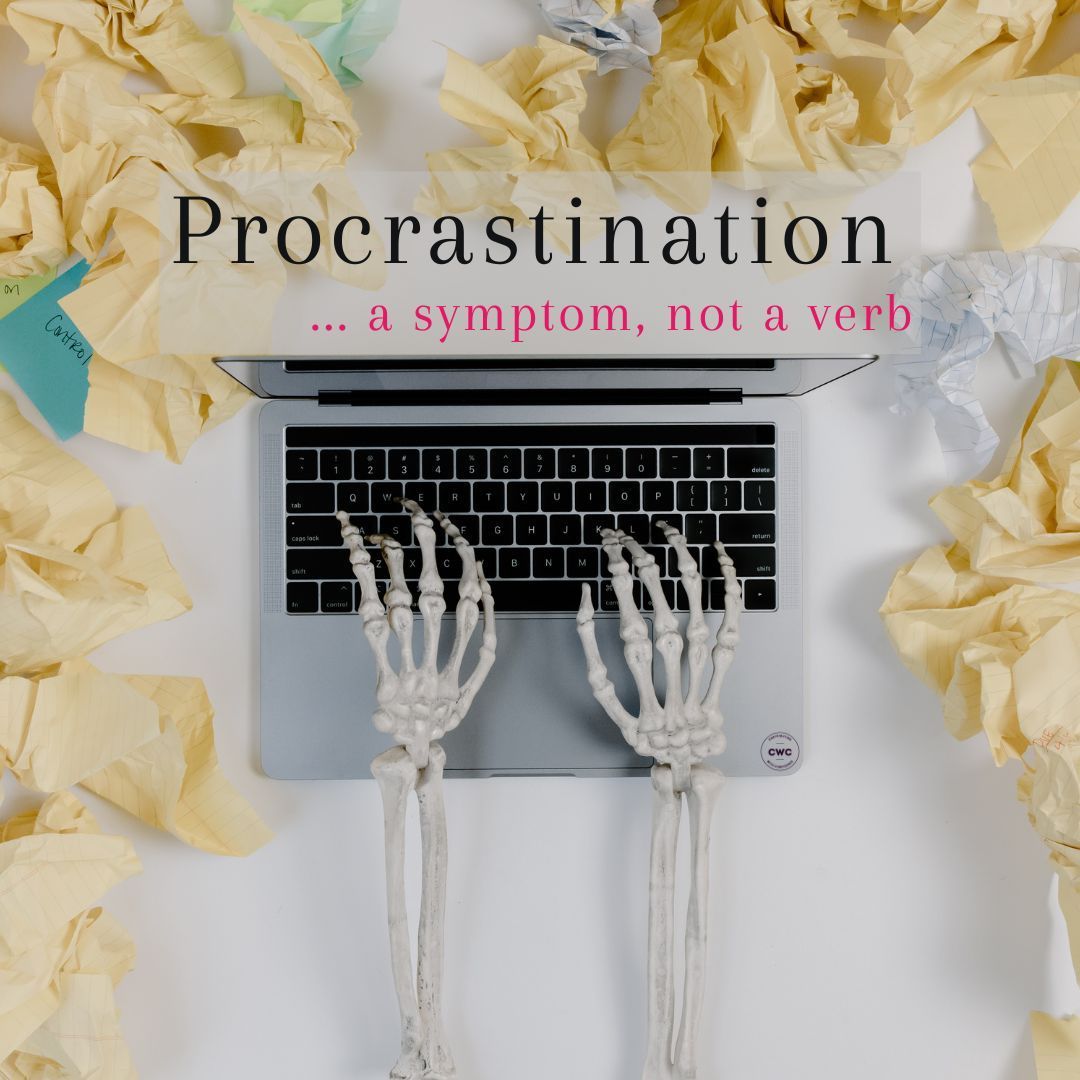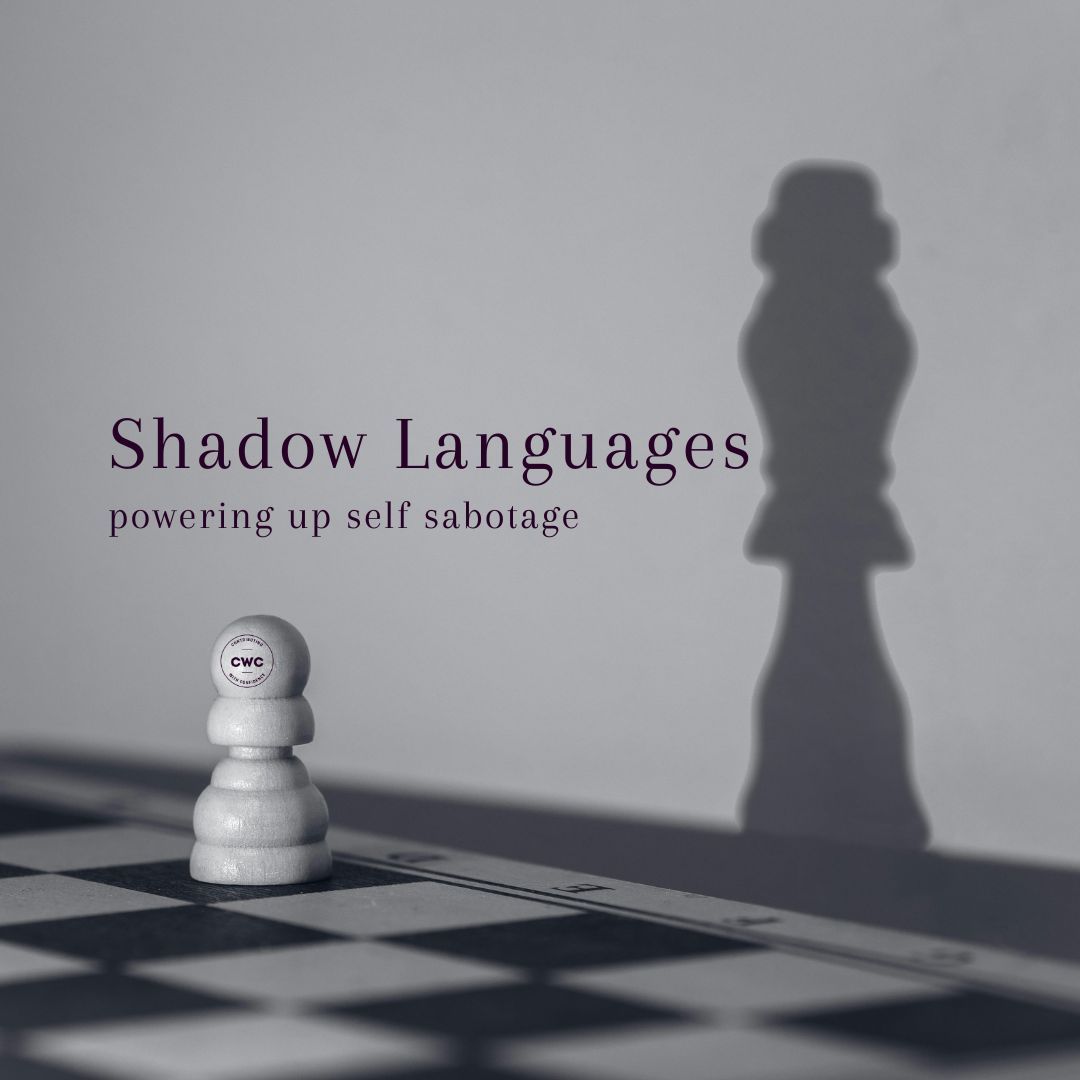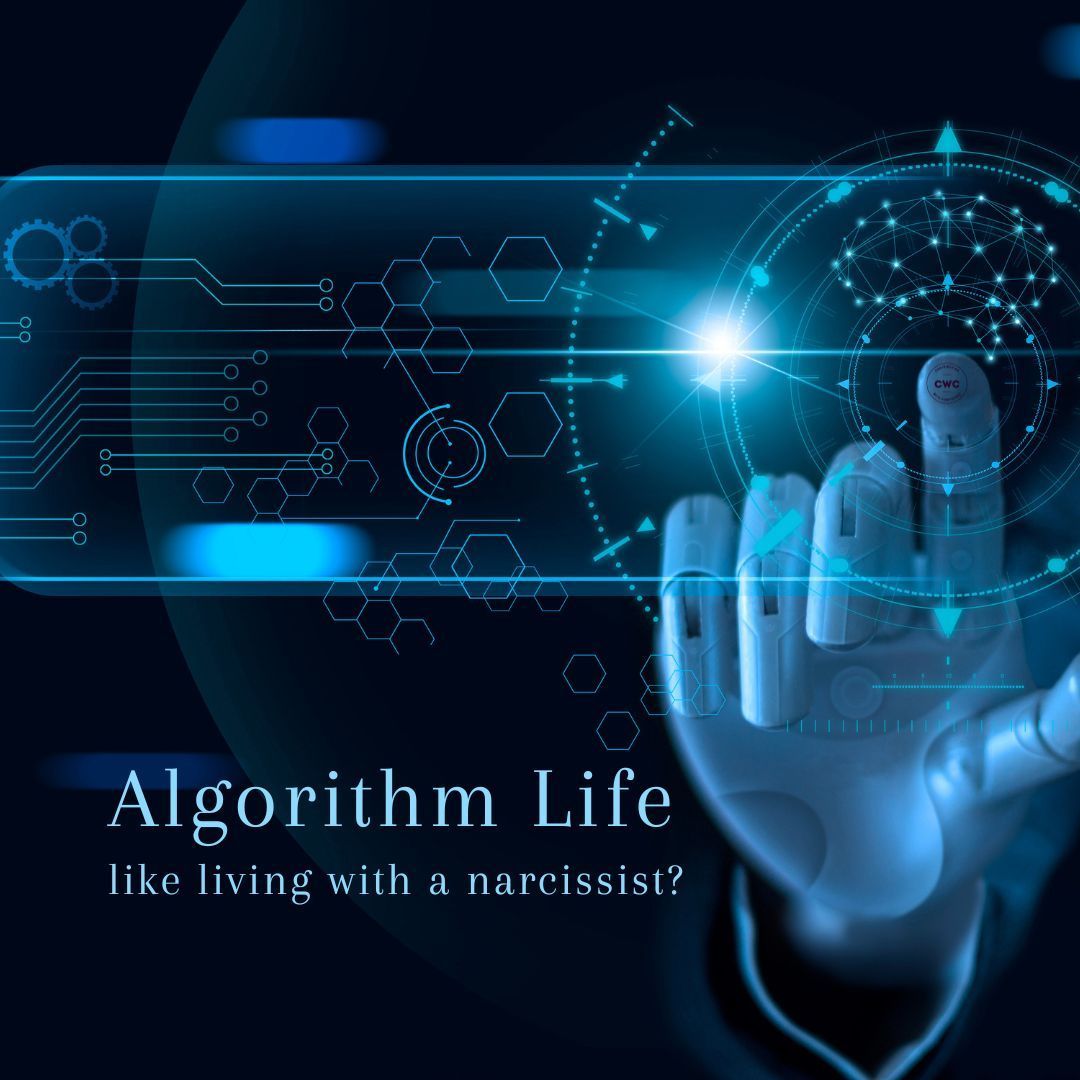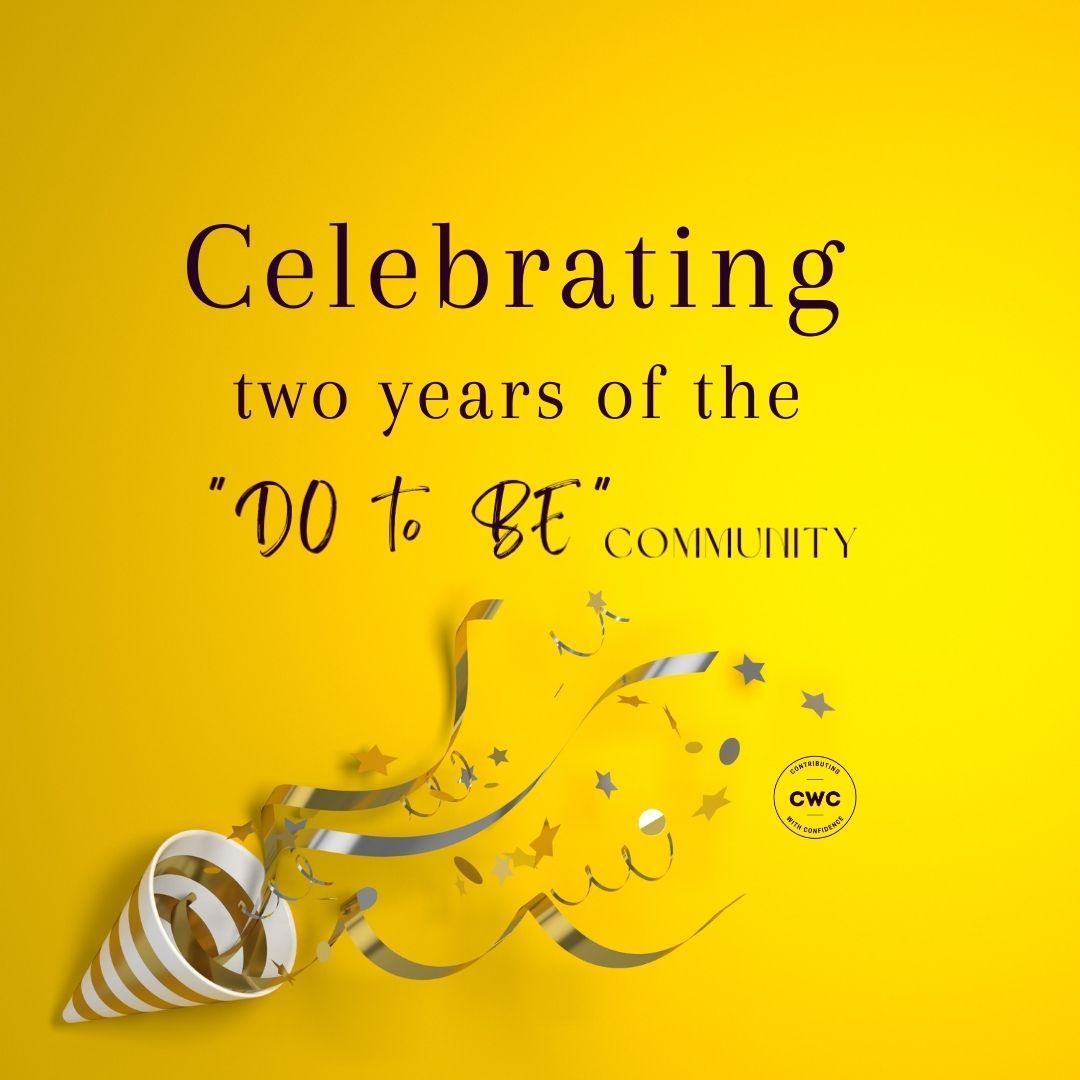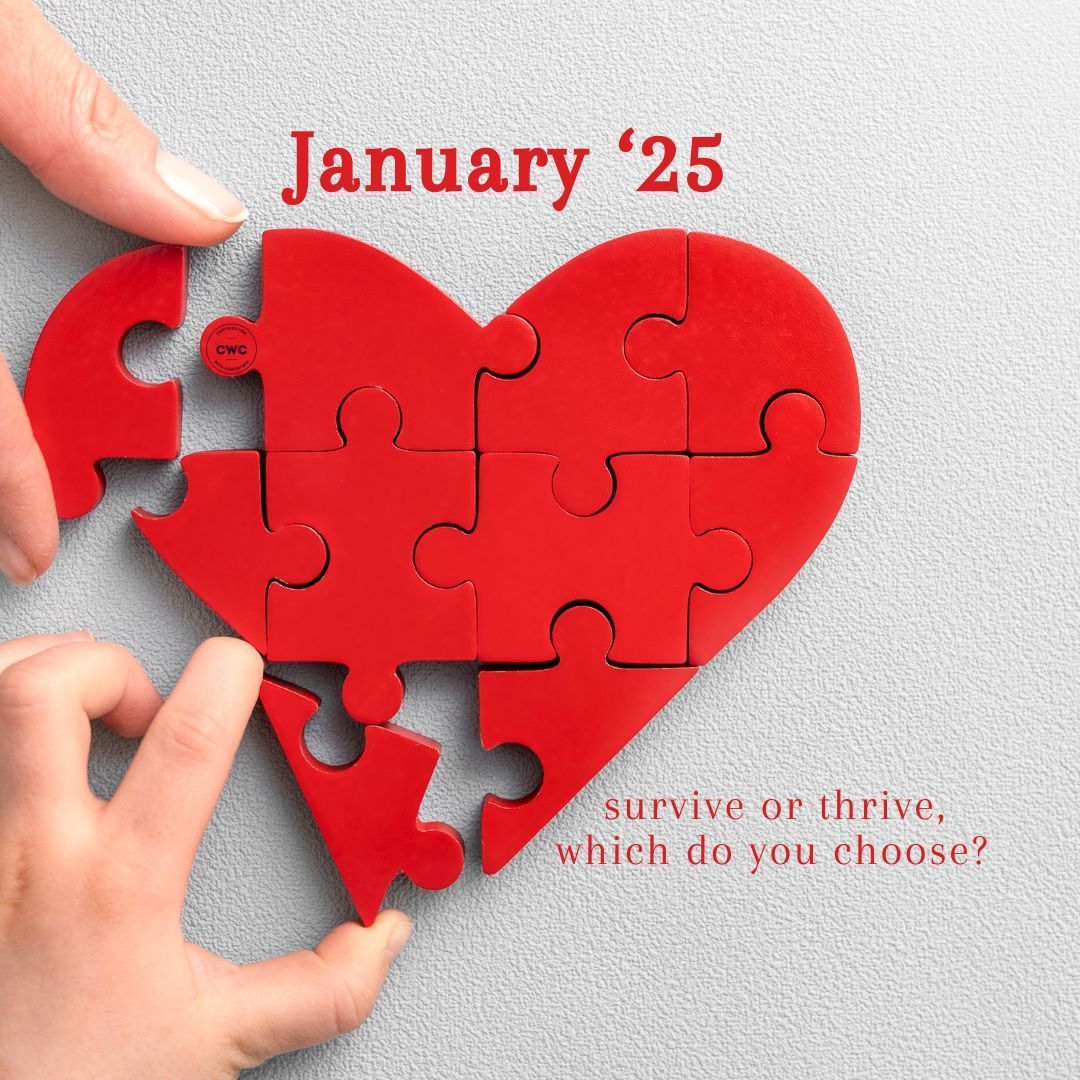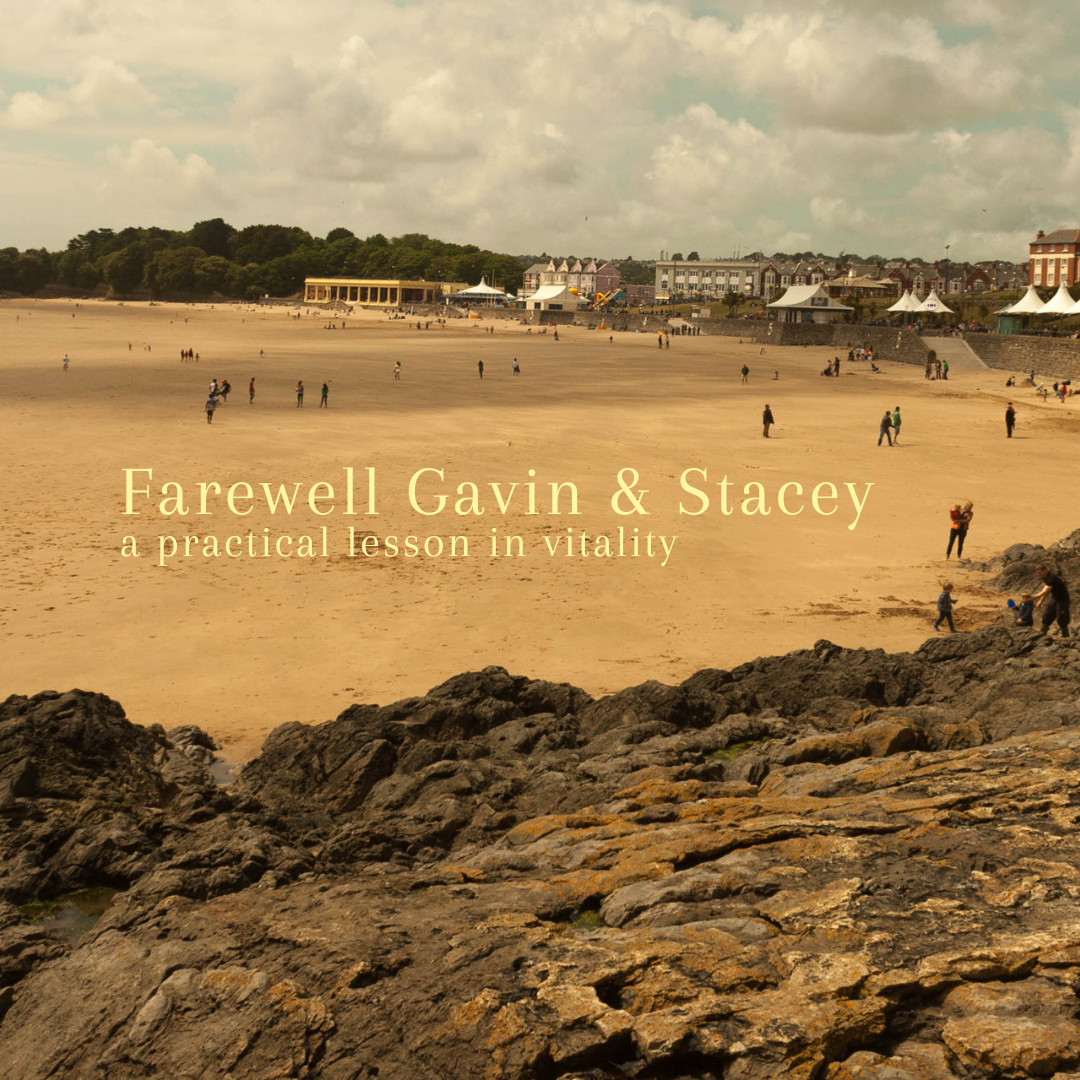Loneliness - Mental Health Awareness Week 2022
Alone in a Crowd... reflections on MHAW 2022
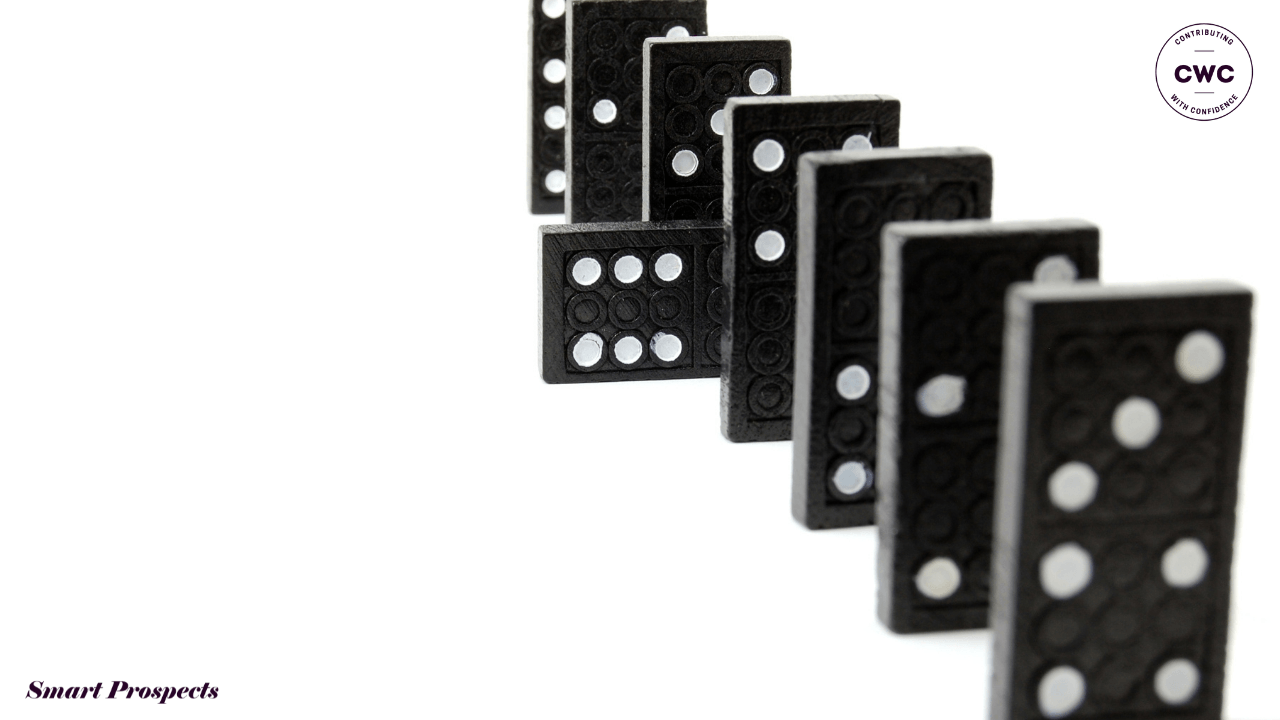
The theme for MHAW 2022 is ‘Loneliness’, which is a tricky topic, and not just because people rarely speak of it. Despite what we have collectively survived in the last couple of years, it is still not well understood. People either hide it well, or other people look at someone on their own and judge them to be lonely. Loneliness simply isn’t that obvious.
Looking back to when I was at school, one of the themes for an art ‘O’ level piece was ‘Alone in a Crowd’. It really struck a chord. I can’t recall exactly what enormity my 16 year old self was grappling with then, but I really got how it is possible to be incredibly lonely in a crowded place. The frantic sport changing rooms, for instance…
So, I created a piece of embroidery with a full, rich, well rounded heart in warm tones of red. Around it were a jumble of jagged diamond shapes in cool tones, none of them actually touching the heart which is utterly alone in their midst. It was quite an individual piece. I have barely thought of it in years (I think it is still in my loft) but reading an article that one of my University friends has posted on LinkedIn, I have suddenly been transported to that distant land of being a teenager at school. Observing my children navigating their teenage years, I recall wondering how any of us survive it – it is such a tough set of transitions, even in a supportive setting.
In the years since, I have survived many things and in doing so, found it necessary to learn about meditation and radical selfcare. In one of the many books I have read in the last decade, I learned about the real meaning of this old word ‘alone’. Firstly, the old pronunciation of ‘one’ is ‘own’, so
the actual meaning of ‘alone’ is ‘all one’
We can learn how to become all one – to not strive for the myriad of fractured personas and obligations that we think we’re expected to be. So, we require skills; proper life skills. Being alone, and learning to be alone, is the art of learning to be whole and learning to just be.
So how can we support others in their learning of these skills?
Firstly, we can drop judgements and opinions on whether we think they are lonely, instead listening to the language that they use. Is the ‘I’m fine’ said too swiftly in response to somebody asking how they are? Have they become ‘flaky’ (I detest that judgemental word) and absent, often cancelling plans? They could be quite happy in their solitude, but perhaps some social anxiety is preventing them from joining in? How can you make it easier for them to take part? Can you do something to reduce the amount of decision making and planning they have to do? And what if it is you? What would happen if you were to ask for a little help? Could you nudge past the fear of the fear of asking, and do that little thing for yourself?
Secondly, we can take these concepts and apply them to our organisations, and look – it’s another conversation about inclusion! What can we do slightly differently to reduce feelings of isolation and loneliness? What subtle thresholds and barriers to participation are in play? What could be done to reduce or remove them? Is there something in the style of language in use, or the methods of communication? Is the organisation, and all the people in it, being truly inclusive? How will you know? Create opportunities for conversation. Ask people for their feedback. The people involved with your organisation probably love it very dearly and will be only too glad to help explain any glitchy bits, because of course, promoting positive mental health is a daily activity, and not just for this arbitrary week in May.
Link to some (I found them to be) interesting resources:
Mental Health UK’s Mental Health Awareness Week
The MHAW2022 flyer on opening conversations
The MHAW2021 Flyer on wellbeing
New Economics Foundation report ‘Five ways to wellbeing’
